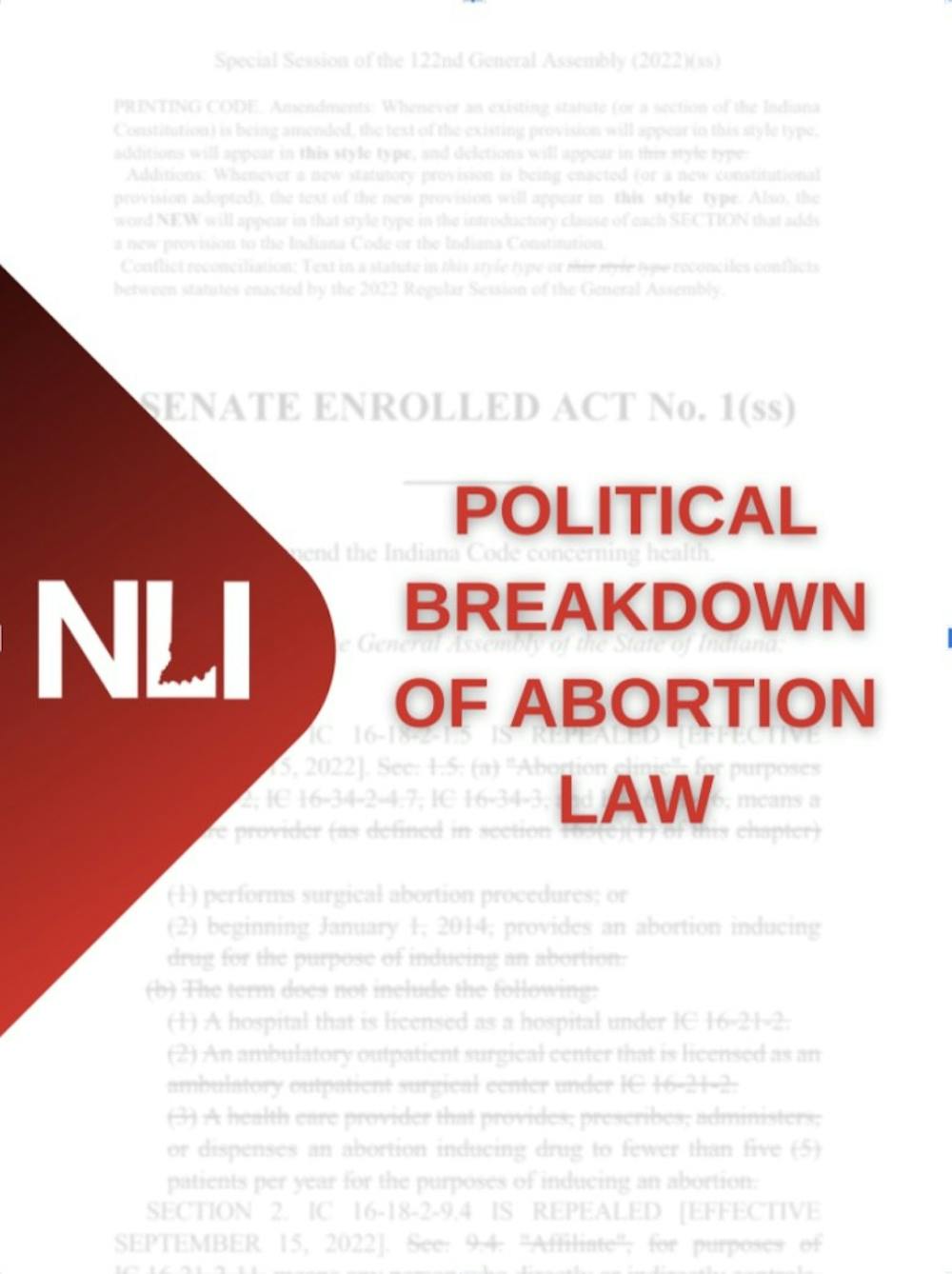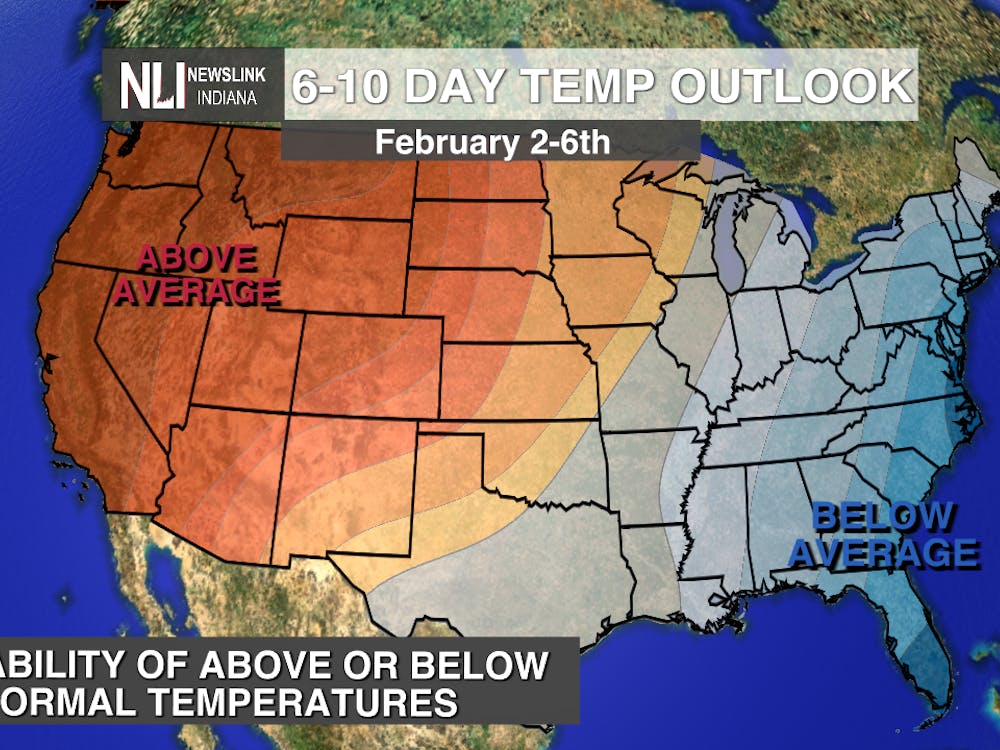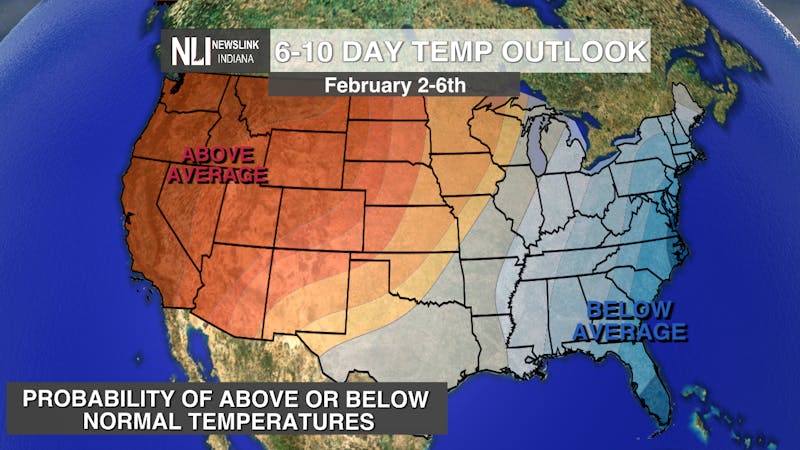MUNCIE, Ind. – Senate Bill 1, the 45-page long bill, was signed into law after debate over an 11-day special session.
As of Thursday, Sept. 15, all Indiana abortion clinic licenses have been suspended, any abortions being performed in the state have to meet “specific time frames and conditions” noted in the law, and any violations can result in the loss of a physician’s licensing.
How was this decided? According to House Representative Sue Errington, it was a “quick” decision.
“The special session originally was called for taxpayer inflation relief,” Errington said.
Errington calls it a “near total abortion ban,” making Indiana one of the first states to do so after the overturning of Roe v. Wade.
Ball State Political Science Professor Chad Kinsella says the decision might have been made because the special session was most likely a window for some legislatures.
“There have been a lot of states that have been really trying to push laws to restrict abortion laws, including Indiana for quite some time,” Kinsella said. “And now, there is the opportunity to do it.”
Some amendments were proposed, like Errington’s.
“I offered an amendment on the floor for a non-binding referendum,” Errington said. “It was voted down.”
The law taking effect Sept. 15 may also affect tomorrow’s politics. Kansas’s constitutional question in its last primary election protected its state’s right to an abortion. He says this leaves a possible question open for Indiana’s upcoming midterm.
“What that translates for Indiana is it will be very interesting. You’ll have those key voters in the suburbs, especially around Indianapolis and some other places. What are they going to do?” Kinsella said.
The regular pattern of Indiana voters might be different this election.
“Are they still going to vote Republican? Or is this going to be enough to not be happy enough to vote Democratic for a state legislative candidate?” Kinsella said.
In addition to Representative Errington, members of the Indiana House of Representatives Republican Caucus were contacted but gave no response.
Contact Grace Bentkowski with comments at gmbentkowski@bsu.edu












